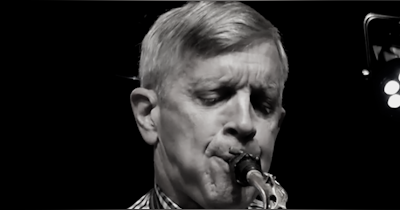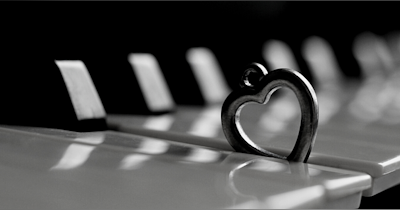Greetings JazzPianoSkills Fam!
This week I concluded a very intense Podcast Series consisting of 5 Episodes that explored the harmonization of the primary scales (Major, Dominant, Minor, Half Diminished, and Diminished). I stressed throughout the entire series, time and time again, that knowing how to approach the harmonization of scales is a BIG TIME jazz piano skill that (for most of us) causes much confusion and frustration. So, I thought I would take the opportunity with this blog post to explain why by providing you with five reasons that ultimately should help you evaluate and modify your practice routines.
Reason 1
The first reason as to why the harmonization of scales is a BIG TIME skill that is (for most of us) a huge challenge causing much confusion and frustration is because the idea of harmonizing scales is a foreign concept. In other words, when we think of playing scales we never ever think of doing so harmonically. And why do we never ever think of playing the scales harmonically? Because scales are never ever taught harmonically. Typically, we all learn to play scales in both hands ascending and descending one, two, three, and four octaves. This is a sad reality because as jazz pianists we need to be able to play melodies harmonically and this begins with our ability to play scales harmonized!
Reason 2
The second reason as to why the harmonization of scales is a BIG TIME skill that is (for most of us) a huge challenge causing much confusion and frustration is because we do not truly "know" our scales. Yes, just because you can play a scale does not mean you "know" a scale. Knowing how to play scales from root to root is truly a one-dimensional approach, a one-dimensional perspective. And, knowing anything, or anyone, from only one dimension is an "incomplete" picture and very "limited" understanding. Therefore, we should be practicing scales from various entry points of the sound - the root, 3rd, 5th, 7th, etc. Likewise, we should be playing scales using various interval patterns other than sequential 2nds! Bottom line, the more perspectives we obtain of a scale the easier it becomes to harmonize the scale.
Reason 3
The third reason as to why the harmonization of scales is a BIG TIME skill that is (for most of us) a huge challenge causing much confusion and frustration is because we all learn how to build harmonic structures (chords) from the bottom up. We start with the root and begin stacking thirds. And, this is exactly how one should begin building and looking at chords - it makes perfect sense. The problem is however when harmonizing melodies (scales) we need to be able to see the harmonization from the top down! We begin with the melody note on top and begin placing notes underneath the melody to support it, to harmonize it. Re-read reason number two above to understand why seeing chords (harmony) from the top down is challenging for most aspiring jazz pianists.
Reason 4
The fourth reason why the harmonization of scales is a BIG TIME skill that is (for most of us) a huge challenge causing much confusion and frustration is that we do not have an "approach" to voicing that we can repeat and replicate from scale to scale. If you can not verbalize your approach to voicing then you do not have an approach to voicing! In each podcast episode, I approached the harmonization of major, dominant, minor, half diminished, and diminished scales using a 5-note structure stretched between both of my hands (two notes in my left hand and three notes in my right hand). Likewise, my voicings are constructed using primarily intervals of a fourth. This systematic and formulaic approach allows me to repeat and replicate my voicings from scale to scale.
Reason 5
The fifth reason why the harmonization of scales is a BIG TIME skill that is (for most of us) a huge challenge causing much confusion and frustration is that even though we truly want to gain command and mastery of harmonizing scales we do not truly commit to studying and practicing scales harmonized! We typically begin the endeavor of harmonizing scales with wonderful intentions however once the reality of Reasons 1, 2, 3, and 4 are recognized (and felt) we quietly back away from the journey and turn our attention to some other aspect of playing jazz piano (typically a tune, which are indeed fun to play but were not composed with any intention of helping us improve our jazz piano skills!).
All of this is to say that the harmonization of scales is a BIG TIME jazz piano skill that requires much study, practice, and determination! So, be PATIENT, be RELENTLESS, and be COMMITTED! If you do, you will be harmonizing scales before you know it and your jazz sound will radically change and significantly improve!
Thanks for being a JazzPianoSkills Member. It is my pleasure to help you discover, learn, and play jazz piano!
Warm Regards,
Dr. Bob Lawrence
JazzPianoSkills



